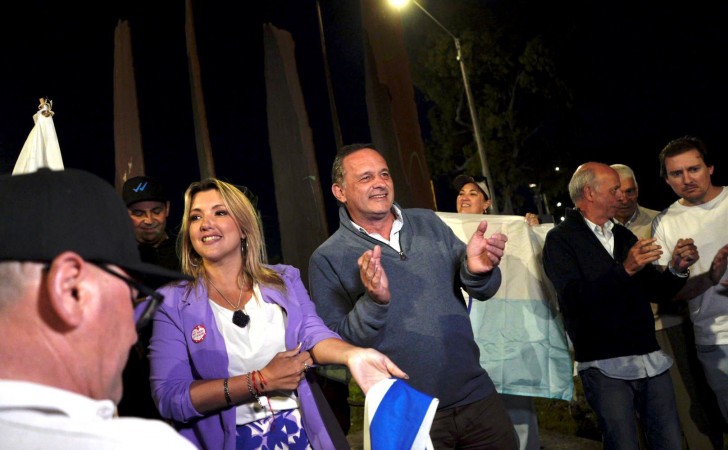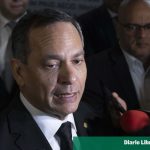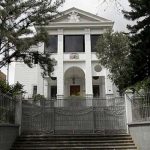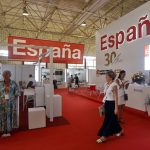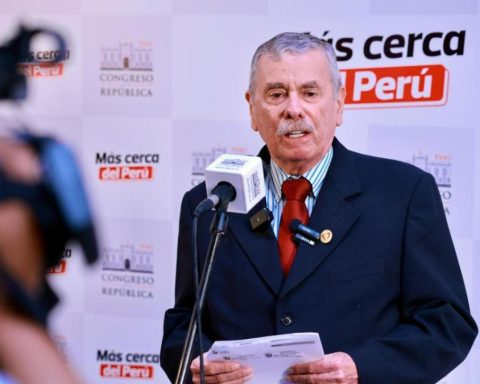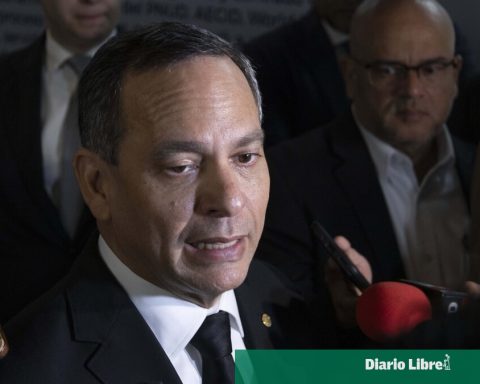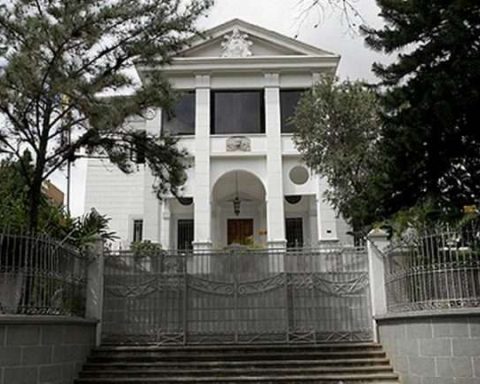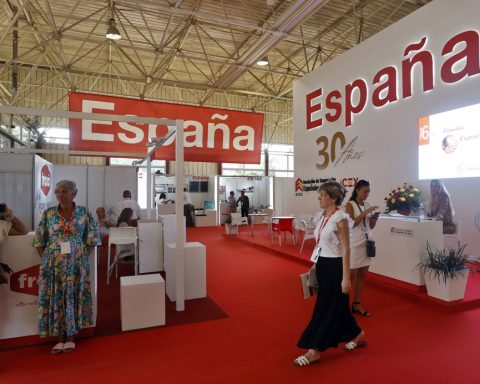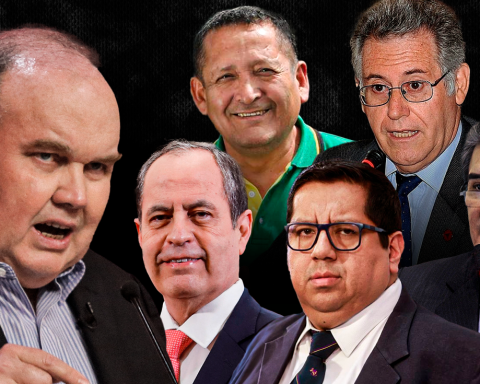
On November 17, a presidential debate between Álvaro Delgado, candidate of the National Party, and Yamandú Orsi, representative of the Frente Amplio. In a recent press conference, Delgado expressed his desire to see a more dynamic format with a greater variety of topics, while considering this instance as a valuable opportunity for citizens to compare the proposals of both candidates.
Delgado criticized Orsi’s lack of participation in previous debates with other opposition candidates, making this appointment a crucial moment for the electorate to be informed. “We are going to try to make it as dynamic as possible, as interactive as possible,” commented the candidate, underscoring his intention to offer a debate that is both informative and attractive to voters.
The former Secretary of the Presidency argued that this democratic exercise will allow citizens to evaluate which of the two candidates is most prepared to assume the presidency. “It will serve to compare programs, proposals, and who generates certainty and trust in the people”Delgado stressed, in a clear attempt to position himself as a candidate with the necessary experience to lead the country.
Topics of the presidential debate
The Electoral Courtthrough Wilfredo Penco, has announced that the debate will focus on five thematic axes: economy, work, security, human development and knowledge. These topics cover a wide range of subtopics that are of crucial importance to citizens. Among these are production and international insertion, employment, social security, organized crime, drug trafficking, and health and education issues, among others.
This thematic structure not only allows for an in-depth analysis of each candidate’s positions, but will also provide the opportunity to address problems that concern today’s society. The selected subtopics reflect the concerns of citizens and seek, in turn, to challenge the candidates to present concrete and viable solutions to these challenges.
The format of the debate has been defended by Orsi, who maintains that this should be a space for the exchange of ideas and not a spectacle. In his statements, Orsi stated that “a debate should never be a show,” emphasizing the seriousness of the electoral process and the need to address problems responsibly.
Expectations and reactions to the debate format
Delgado, when asked about the term “show,” seemed puzzled and reiterated that his purpose in attending the debate is to bring his proposals and visions to the electorate. “I am going to go to that debate, as I would have gone to all the others,” he said, ruining the possibilities of the event becoming mere media entertainment.
In an electoral context where information and the exchange of ideas are essential, Delgado highlighted the relevance of this debate as a means for the population to capture valuable information. “This is not a show, it does not have to be entertainment, it has to be an area of information. We are electing, nothing more and nothing less, than the President of the Republic,” he concluded.
